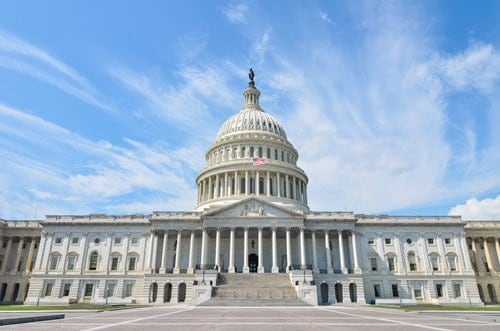Across the country, employers are tasked with providing crucial safety measures for workers, including comprehensive workers' compensation insurance coverage. Without such protection, there is an increased risk of accident, illness or higher expenses for the company itself.
As a result, many employers are always on the lookout for new and creative ways to keep costs down while still providing the necessary safety precautions for staff members. However, there is one new consideration to keep in mind – the expiration of the Terrorism Risk Insurance Act at the end of 2014. If a renewal isn't agreed upon by that time, companies all across the U.S. may soon experience increased workers' compensation insurance costs.
New study highlights potential problems
The impact of the TRIA expiration on workers' compensation insurance was recently highlighted by a new study from the RAND Corp., as reported by Business Insurance. Founded in 2002, TRIA was renewed twice previously – once in 2005, and again in 2007. Now, this past reauthorization is set to end on Dec. 31, 2014. The act provides a financial backstop in the event of a terrorist attack, helping insurers and employers get the funds they need to cover any associated expenses. It has been viewed as a positive due to the challenges typically found with predicting terrorism risk and possible effects.
According to the RAND study, employers may be forced to find other means to acquire workers' compensation insurance if TRIA isn't renewed, Business Insurance noted. This is likely due to the constraints that would be placed on insurers without this financial backstop, as well as the likelihood of increased premiums. Overall, there is a good chance that the economy would take a hit without TRIA in place. Many policies may have to change to address the added catastrophe exposure currently covered by TRIA, and employers might need to buy additional workers' comp insurance policies related to these risks.
Overall, the RAND study found that workers' comp losses – without TRIA – would have to be handled by businesses and taxpayers, leading to the negative effects following an attack and placing additional stress on the economy and the affected state.
Many professionals support findings
Following the release of the RAND study, a number of insurance professionals and industry organizations spoke out in support of the findings. Both the Property Casualty Insurers Association of America and the American Insurance Association issued news releases praising TRIA and encouraging a renewal.
Robert Gordon, senior vice president of policy development and research for the PCI, stated that the RAND study serves to stress the importance of TRIA for the workers' compensation insurance market.
"PCI is very thankful that the Senate and House are moving expeditiously to reauthorize TRIA," Gordon said in a statement. "However, PCI is extremely concerned that potential increases in insurer exposure to loss under some reauthorization proposals could force many workers compensation insurers to pull out of some markets to reduce geographic aggregations of risk. Congress must renew the current TRIA program with minimal changes to ensure that the program can continue to protect injured employees, their employers, insurers, and the American economy."
In addition, J. Stephen Zielezienski, senior vice president and general counsel for the AIA, also noted that TRIA's expiration would have negative consequences on the economy and the workers' compensation insurance industry.
"TRIA remains vital to our nation's economic security as terrorism remains a real threat," Zielezienski said in a statement. "Given the fundamental role that TRIA plays in providing market stability and an orderly post-event recovery, coupled with the program's taxpayer protections, it deserves prompt reauthorization by Congress."
Overall, support for TRIA remains strong among insurers across the country. The recent RAND study serves to bring to light some of the possible effects of expiration, including the positives that the backstop provides to employers in the U.S.



